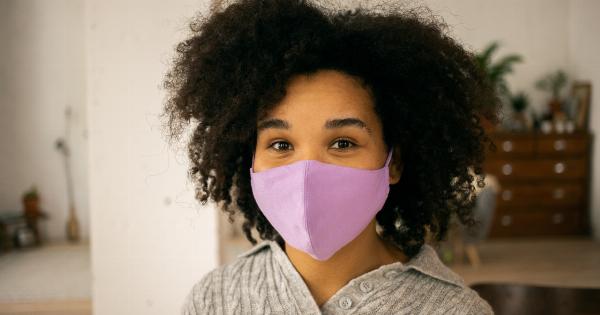Summer is here, and with the sun shining bright and the temperatures soaring high, it’s time to take extra care of your skin.
The hot and humid weather can lead to several common skin problems that can leave you feeling uncomfortable and self-conscious. But fret not! With a little bit of knowledge and some proactive steps, you can prevent and treat these 6 common skin problems and enjoy the summer season to the fullest.
1. Sunburn
One of the most common skin problems during summer is sunburn. The intense UV radiation from the sun can damage your skin if you don’t protect it properly.
To prevent sunburn, always apply a broad-spectrum sunscreen with at least SPF 30 or higher before stepping out in the sun. Reapply every two hours or after swimming or sweating. If you do get sunburned, soothe the affected area with a cool compress, moisturize with aloe vera gel, and avoid further sun exposure until the burn heals.
2. Heat Rash
Heat rash, also known as prickly heat, occurs when sweat gets trapped under the skin, leading to small, itchy bumps. To prevent heat rash, wear loose, breathable clothing, and avoid excessive sweating.
If you develop heat rash, keep the affected area cool and dry, avoid scratching, and apply calamine lotion to alleviate itching and irritation.
3. Acne Breakouts
The hot and humid weather during summer can trigger acne breakouts. To prevent acne, cleanse your face twice a day with a gentle cleanser to remove excess oil and sweat.
Use oil-free, non-comedogenic sunscreen and moisturizers to avoid clogging your pores. Avoid touching your face with dirty hands and wash your pillowcases regularly. If acne does occur, use over-the-counter acne treatments with benzoyl peroxide or salicylic acid, and consult a dermatologist if necessary.
4. Excessive Sweating
Sweating excessively in summer can lead to body odor and discomfort. To combat excessive sweating, wear lightweight, breathable fabrics like cotton and linen. Use antiperspirants or deodorants to control body odor.
Keep yourself hydrated to maintain a normal body temperature, and take regular showers to cleanse your skin. In severe cases, consult a dermatologist who may recommend prescription antiperspirants or other treatment options.
5. Fungal Infections
The warm and moist conditions during summer create a perfect breeding ground for fungi, leading to infections like athlete’s foot, jock itch, and ringworm.
To prevent fungal infections, keep your skin clean and dry, especially in areas prone to sweating. Wear breathable shoes and change your socks frequently. Avoid sharing personal items like towels and footwear. If you do get a fungal infection, use over-the-counter antifungal creams or powders, and if the infection persists, seek medical advice.
6. Dehydration
While dehydration may not seem like a skin problem, it can have a significant impact on the health and appearance of your skin.
To prevent dehydration, drink plenty of water throughout the day, especially in hot weather or when engaging in physical activities. Limit your intake of alcohol and caffeinated beverages, as they can contribute to dehydration. Incorporate water-rich foods like fruits and vegetables into your diet. Proper hydration will keep your skin moisturized and supple.
By following these preventive measures and practicing good skincare habits, you can keep your skin healthy, glowing, and problem-free throughout the summer season.
Don’t let common skin problems dampen your spirits; take charge and enjoy the sunny days with confidence and radiance!.





























